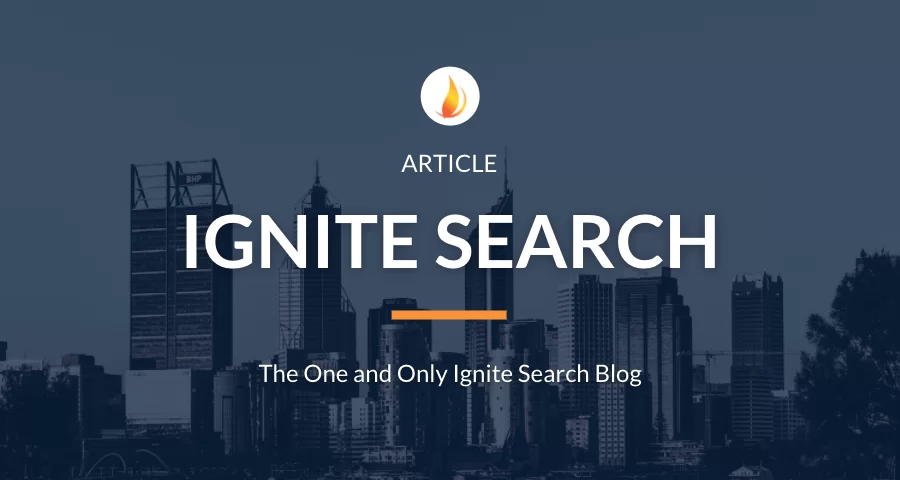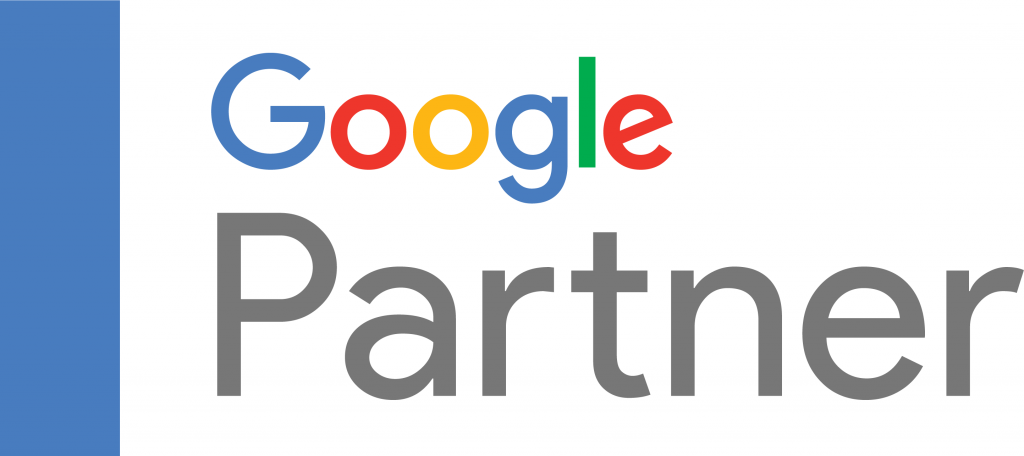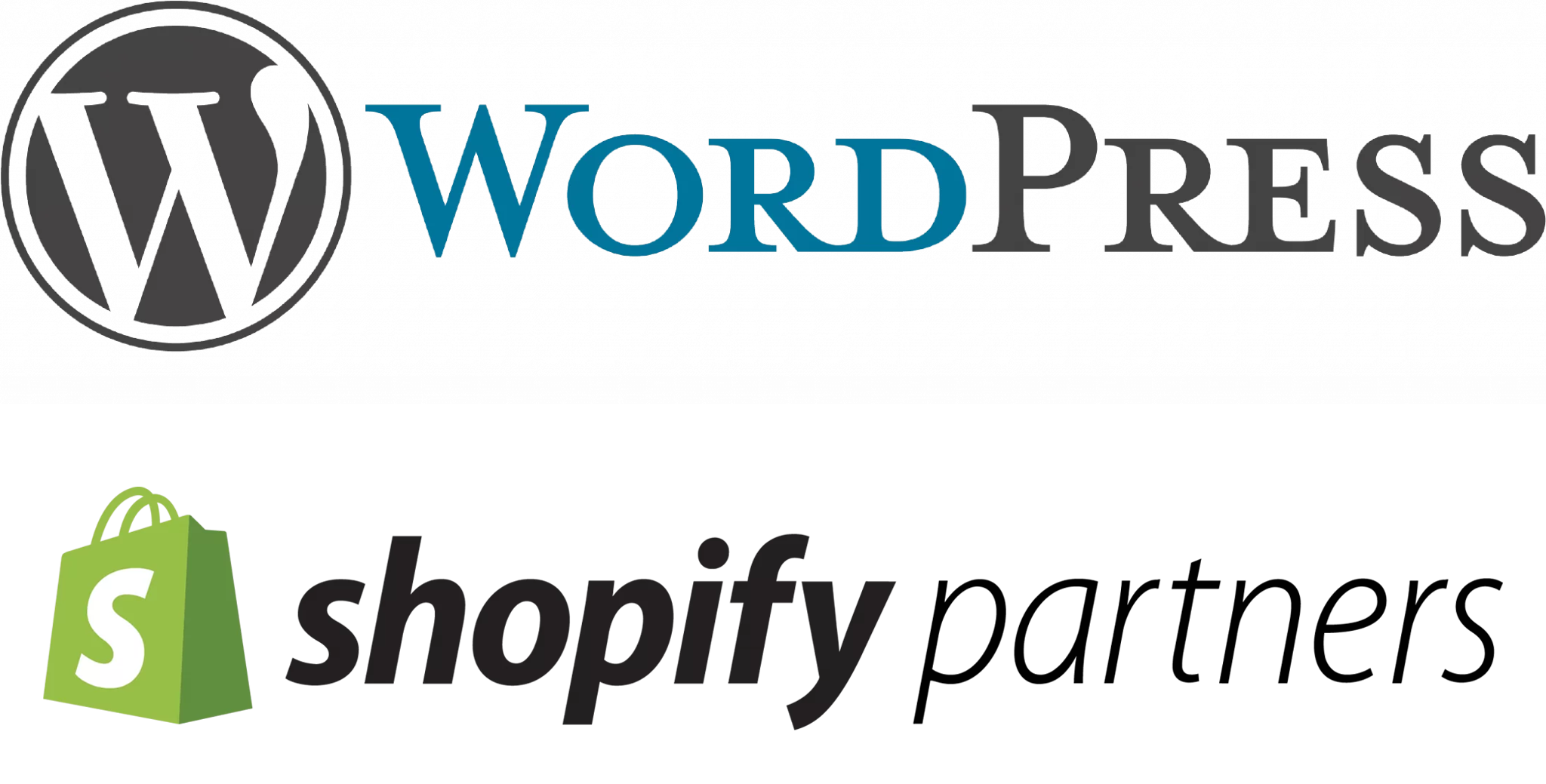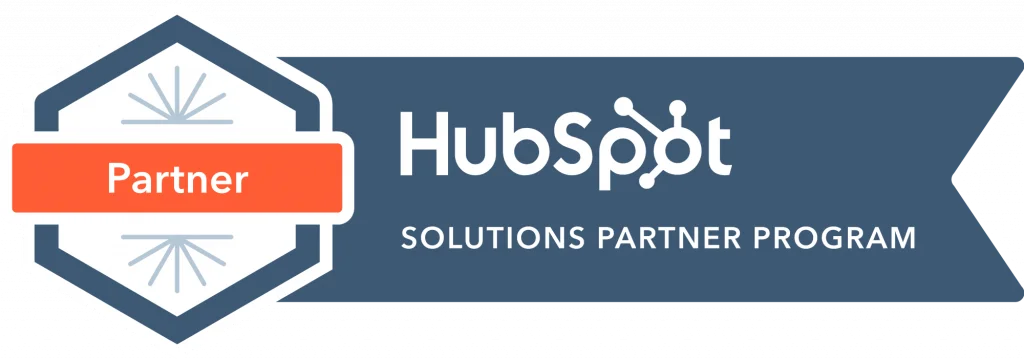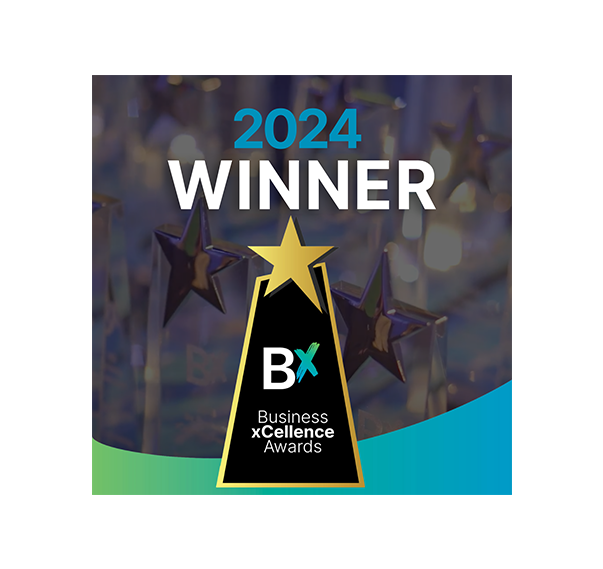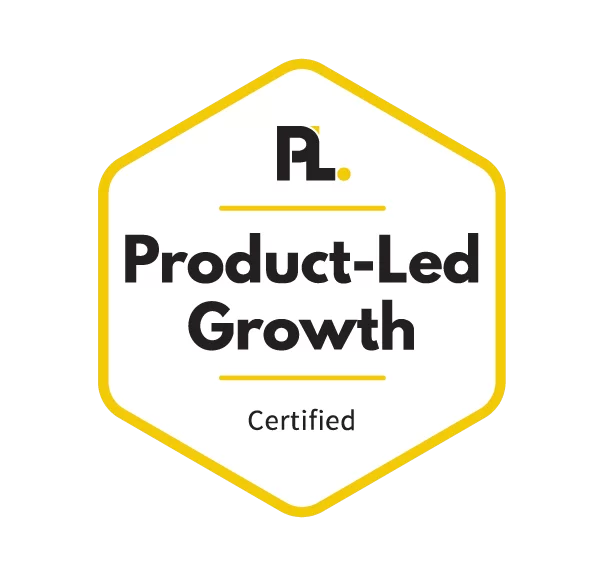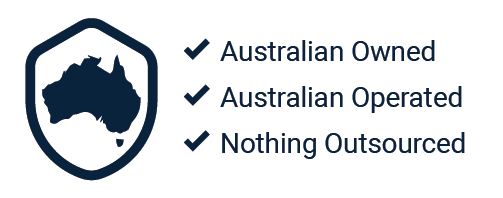INTRODUCTION
Continuing on with our Ignite Search MozCon blog series, where we discuss some of the most influential and informative presentations at the 2019 MozCon Digital Marketing conference in Seattle, Washington. In this week’s blog post we will be discussing Marie Haynes’s presentation ‘Super-Practical Tips for Improving Your Site’s E-A-T’
WHO IS MARIE HAYNES?
Before jumping into the presentation, we would first like to introduce Marie Haynes. Dr. Marie Haynes is well-known SEO expert from Ottawa Canada. With over 10 years in SEO, she is the proud owner of Marie Haynes Consulting (MHC), a marketing and advertising firm that specialises in SEO site quality reviews, link audits and manual action removals that help businesses improve their search traffic. Today she can be seen writing columns for reputable SEO forums, speaking, teaching and advising on all that is SEO.
NOW FOR THE PRESENTATION DETAILS
Marie begun the presentation with expressing her gratitude for presenting at the MozCon 2019. She explained that this opportunity may be a result of her contribution to the SEO community and furthermore, a result the key points of this presentation – more on that later.
To begin the presentation, Marie brought the audience’s attention towards Google’s Quality Raters Guideline (QRG).
WHAT IS GOOGLE’S QUALITY RATERS GUIDELINE?
The Google Search Quality Rater Guideline is a handbook of criteria needed for its Google search quality team to evaluate the quality of the sites that come up in the search engine results.
This guideline is what Google feels searchers are looking for and want to find when they do perform a search in Google. In this sense, it is a set of instructions that guide how these human raters should make their assessments and report back to Google.
Marie shared a quote from Ben Gomes, the Vice President of Search at Google:
“You can view the rater guidelines as where we want the search algorithm to go”
Based on this quote from Ben Gomes, Marie believes that if it is in the QRG, it suggests that Google is already measuring this algorithmically, or they intend to measure it.
GOOGLE FIGHTS MISINFORMATION
As Google’s continues to update their algorithm to provide searches with more relevant and quality information, the more important for businesses and SEOs experts alike to ensure quality content is evident on their website. But how does Google determine quality content?
‘How Google Fights Misinformation’ is the title of a white paper brought out by Google in February 2019. This document admitted that their computer finds it difficult to determine whether the contents of a website is providing accurate and truthful information.
And thus, came the Googles initiative to tackle the intentional spread of misinformation across all Google platforms – Google search, Google News, YouTube and Googles Ads.
In doing so Google algorithms have been specifically designed to identify sites with high indicia of Expertise, Authority & Trustworthiness (E-A-T).
WHAT IS E-A-T?
- Expertise — The author of the content should be an expert in the field or topic. Experts in certain topic areas can share knowledge and experience on information within website content that will most likely be truthful and useful for searchers.
- Authoritativeness — Similarly, the author of the content should be an authority in the space. This is informed by relevant credentials, reviews, testimonials, etc. Moreover, your content needs to be comprehensive, truthful, valid, and useful for the visitor.
- Trustworthiness — The website on which the content resides should be trustworthy, evidenced by things like site security, overall site quality, inbound link profile, reviews, etc.
Marie stressed the importance of E-A-T when it comes to publishing content on your website. These 3 components contribute to the quality of your content with which Google will rank in the Search Engine Results Pages (SERPs).
Google’s Gary Illyes had said
“E-A-T is largely based on links and mentions on authoritative site, i.e. if the Washington Post mentions you, that’s good”
So what does this mean? Is improving your E-A-T essentially link building? Marie explained that improving your E-A-T score is essentially link building.
Practical Tips to Improve Your E-A-T Score
While improving your E-A-T score is essentially link building, Marie shared Gary Illyes’s definition of mentions over the term links. He described it as
“entity determination”
Marie explained that essentially mentioning someone online takes into account determining the worth of another entity – this is how Marie had the opportunity to speak at MozCon 2019. Through years of publications and mentions, she has built a high reputable profile in the SEO community.
So if so, then this would mean we will have to tweak our link building strategies to consider more specialised and relevant links.
So here are a few practical tips from Marie:
- HARO: is a free way to connect journalist online. These journalist have built themselves to be expert is specific fields and topics. If they publish content that could be link to your business or website, it will contribute to your E-A-T score.
- Data: Take into account relevant data that aims to provide useful and real information with your field of service.
- Helpful Information: Generating information on query based searches. As these will be the questions users will be asking to retrieve information that will truly help them.
- Tests: Run tests and publish the results. These publications demonstrate expertise and knowledge, even if the results are inconclusive. The information and data derived from these tests will provide users useful data and information.
- Competitive Research: This takes into account not just replicating your competitors’ links, but looks further into the quality of those links and how to obtain them.
WHAT CAN WE TAKE FROM THIS PRESENTATION?
As Google continues to update their algorithm with the objective to provide searches with quality information that will address their queries. Maries has stressed that Google’s QRR is not a ranking factors, it does however suggests that Google aims to configure their algorithm to address information retrieved from the QRG. To conclude, she suggested tweaking your link building strategies to obtain links with a high E-A-T score.

